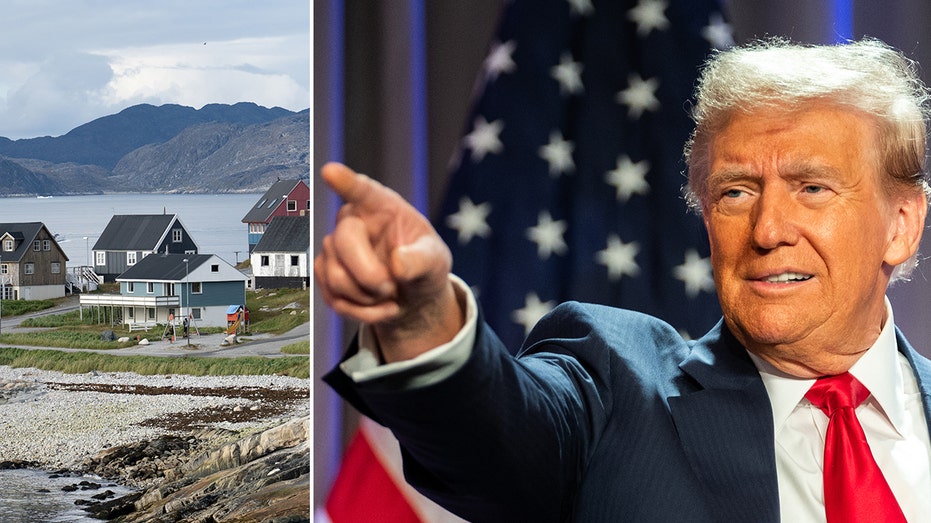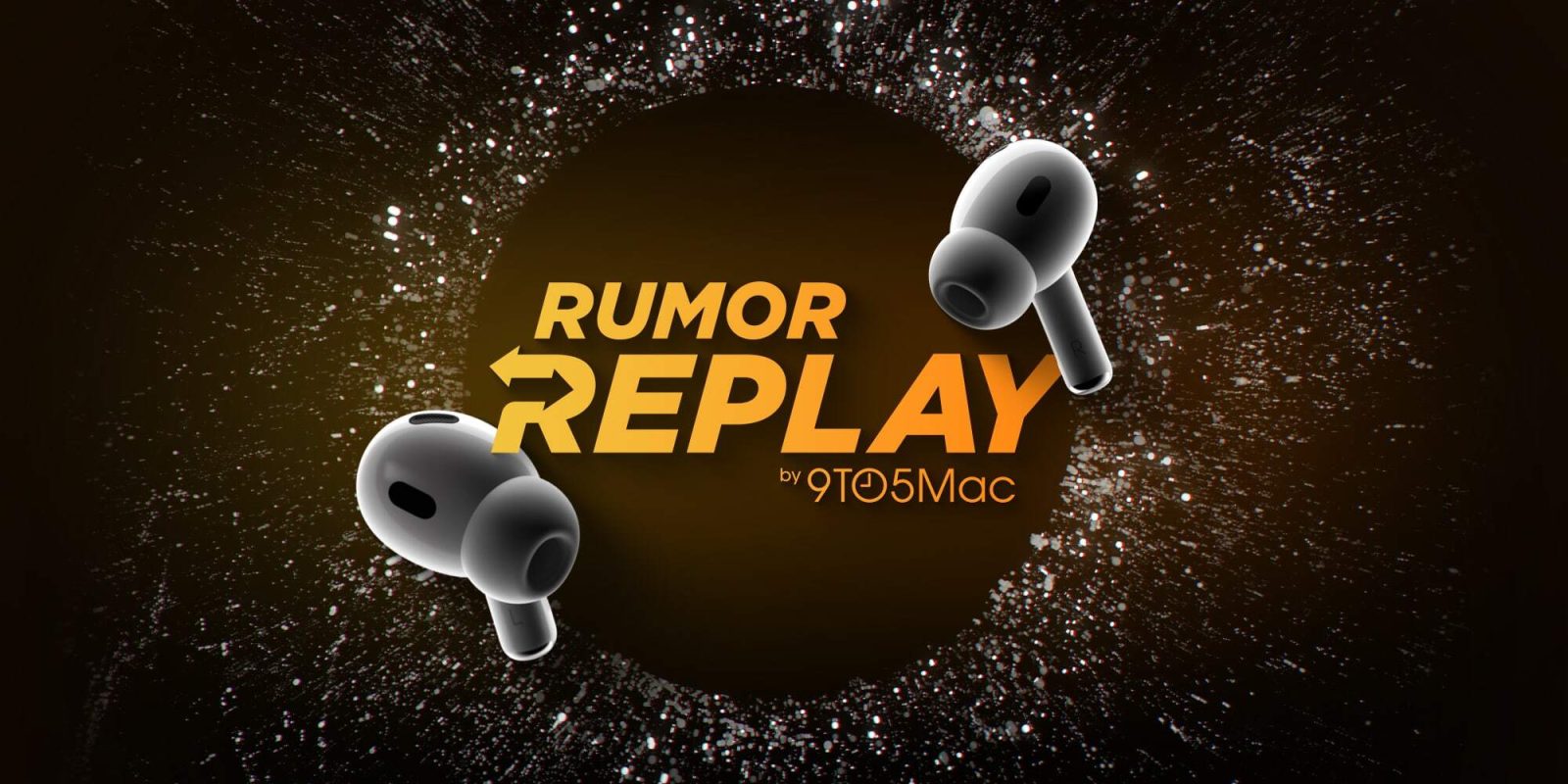'Absolute necessity': Trump sparks concerns after floating desire to control Panama Canal, Greenland
President-elect Donald Trump suggested on Wednesday that the U.S. could take control of Canada, Greenland and the Panama Canal—an unexpected Christmas Day message that has sparked concerns among world leaders in recent days as they scramble to prepare for Trump's second White House term.
In a Wednesday post on the platform Truth Social, Trump wished a "Merry Christmas to all," including to the "wonderful soldiers of China, who are lovingly, but illegally, operating the Panama Canal," before moving on to take aim at Canada and Greenland as well, which he suggested again could be better off under U.S. governance.
Trump reiterated his claim that U.S. shippers are being forced to pay "ridiculous" and "exorbitant" prices to navigate the Panama Canal—an artificial, 51-mile waterway that connects the Atlantic and Pacific Oceans. He has suggested, without evidence, that Chinese interests are gaining outsize influence over the waterway, something Panamanian leaders have steadfastly denied.
TRUMP FLOATS IDEA OF US RECLAIMING PANAMA CANAL: 'FOOLISHLY GAVE IT AWAY'
In his Truth Social post Wednesday, Trump also mockingly referred to Canadian Prime Minister Justin Trudeau as "governor" reiterating his recent suggestion that Canada should be turned into a U.S. state.
"If Canada was to become our 51st state, their taxes would be cut by more than 60%, their businesses would immediately double in size, and they would be militarily protected like no other country anywhere in the world," Trump said.
Finally, the president-elect turned his attention to Greenland; an autonomous, geographically important Arctic location rife with natural resources, including rare earth minerals.
The U.S., Trump said on Wednesday, "feels that the ownership and control of Greenland is an absolute necessity" for reasons of national security and "global freedom.'
Bigger picture
Trump’s lengthy Truth Social post did little to assuage the concerns of some world leaders, who have carefully watched Trump's actions and his statements in recent weeks for clues as to how he might govern in a second term.
The remarks also appear to be at odds with the "America First" policies long espoused by Trump, which seek to prioritize domestic policy rather than expansion or U.S. presence abroad.
Rep. Ryan Zinke, R-Mont., echoed Trump's concerns in an interview Thursday, describing China's influence in the Panama Canal, and the higher prices incurred by shippers, as a "shot across the bow."
"Remember, we have China and Cuba," Zinke said on "Mornings with Maria." "We have Maduro in Venezuela. We have had Russian ships there. And the Panama Canal is critical to our national security. And at present, it is being run by the Chinese Communist Party. So it's a concern—absolutely."
'AMERICA FIRST' VS. 'AMERICA LAST': WHAT DOES TRUMP'S RETURN MEAN FOR US FOREIGN POLICY?
To be sure, it is not the first time Trump has indicated interest in Greenland, a mineral-rich, geographically important territory.
In 2019, then-President Trump told reporters he was "interested" in purchasing Greenland, which he described at the time as "essentially" a "large real estate deal." The 2019 effort never gained traction, however; and this week, Greenland Prime Minister Mute Egede immediately poured cold water on the idea that their territory could be sold to the U.S.
"Greenland is ours," Greenland Prime Minister Mute Egede said this week, in response to Trump's suggestion.
"We are not for sale and will never be for sale," he said. "We must not lose our long struggle for freedom."
Meanwhile, Panamanian President José Raúl Mulino also disputed the notion that U.S. vessels have been singled out or paid higher fees to traverse the Panama Canal—as well as the notion that the U.S., which phased out its ownership beginning in the 1970s, has any right to reassert control over the shipping waypoint.
In a video posted to social media earlier this week, Mulino reassured his country's people that the "sovereignty and independence of our country is non-negotiable."
The Panama Canal is one of the largest and most strategically important commodity shipping waterways in the world. It handles roughly 5% of all global maritime trade and roughly 40% of U.S. container ship traffic.
Recent higher prices are primarily the result of drought and more competition, which sent water levels plummeting last year to their lowest point on record. Though water levels have since rebounded, operators of the canal were forced to temporarily limit vessel traffic and increase costs for ships using the waypoint.
Other factors have also played a role in higher maritime shipping prices.
A series of attacks on vessels in the Red Sea late last year prompted many major commodities shippers, including BP and Equinor, to pause or reroute their shipments away from the Suez Canal. Some opted to reroute supplies via the Cape of Good Hope, adding weeks of additional time to their trips.
The Department of Government Efficiency, or DOGE, incorrectly claimed on social media last week that the Panama Canal cost U.S. taxpayers $15.7 billion. In fact, the higher costs are shouldered by the ships that pass through the waterway, in the form of tolls. The U.S. government does not subsidize the canal.
'AMERICA FIRST' VS. 'AMERICA LAST': WHAT DOES TRUMP'S RETURN MEAN FOR US FOREIGN POLICY?
Panamanian authorities have stressed that the prices are not the result of "unfair" treatment, or capitulation to China or any other nation-state influence.
"The canal has no direct or indirect control from China, nor the European Union, nor the United States or any other power," Mulino said in his remarks. "As a Panamanian, I reject any manifestation that misrepresents this reality."
Still, Trump does not appear to be backing down on expansion claims.
"The Panama Canal is considered a VITAL National Asset for the United States, due to its critical role to America’s Economy and National Security," Trump wrote in a Truth Social post Sunday. "A secure Panama Canal is crucial for U.S. Commerce, and rapid deployment of the Navy, from the Atlantic to the Pacific, and drastically cuts shipping times to U.S. ports."
"We’re not going to stand for it," he said. "So, to the officials of Panama, please be guided accordingly."



:max_bytes(150000):strip_icc():format(jpeg)/andrew-ashurst-122624-60c7bf52737746db9ff1bb8253e418f8.jpg)
:max_bytes(150000):strip_icc():format(jpeg)/pygmy-hippo-virginia-zoo-2-122624-bd5ce54de35c446787a283068a3f0e79.jpg)
:max_bytes(150000):strip_icc():format(jpeg)/Ariana-Biermann-kroy-biermann-kim-zolciak-122624-70aad95c9d4f4f74806e5c86a8ba3cb2.jpg)
:max_bytes(150000):strip_icc():format(jpeg)/Tim-Miller-Deadpool-Paycheck-122624-tout-e6dd78f66f0146d099306e02c5aa569d.jpg)
:max_bytes(150000):strip_icc():format(jpeg)/mark-spain-tout-122624-ac6c0ef2bc6c4c6b9e4b6c25f1e15467.jpg)
:max_bytes(150000):strip_icc():format(jpeg)/jelly-roll-bunny-cover-111924-c274c002503640bfbd5e4287cddf9600.jpg)































